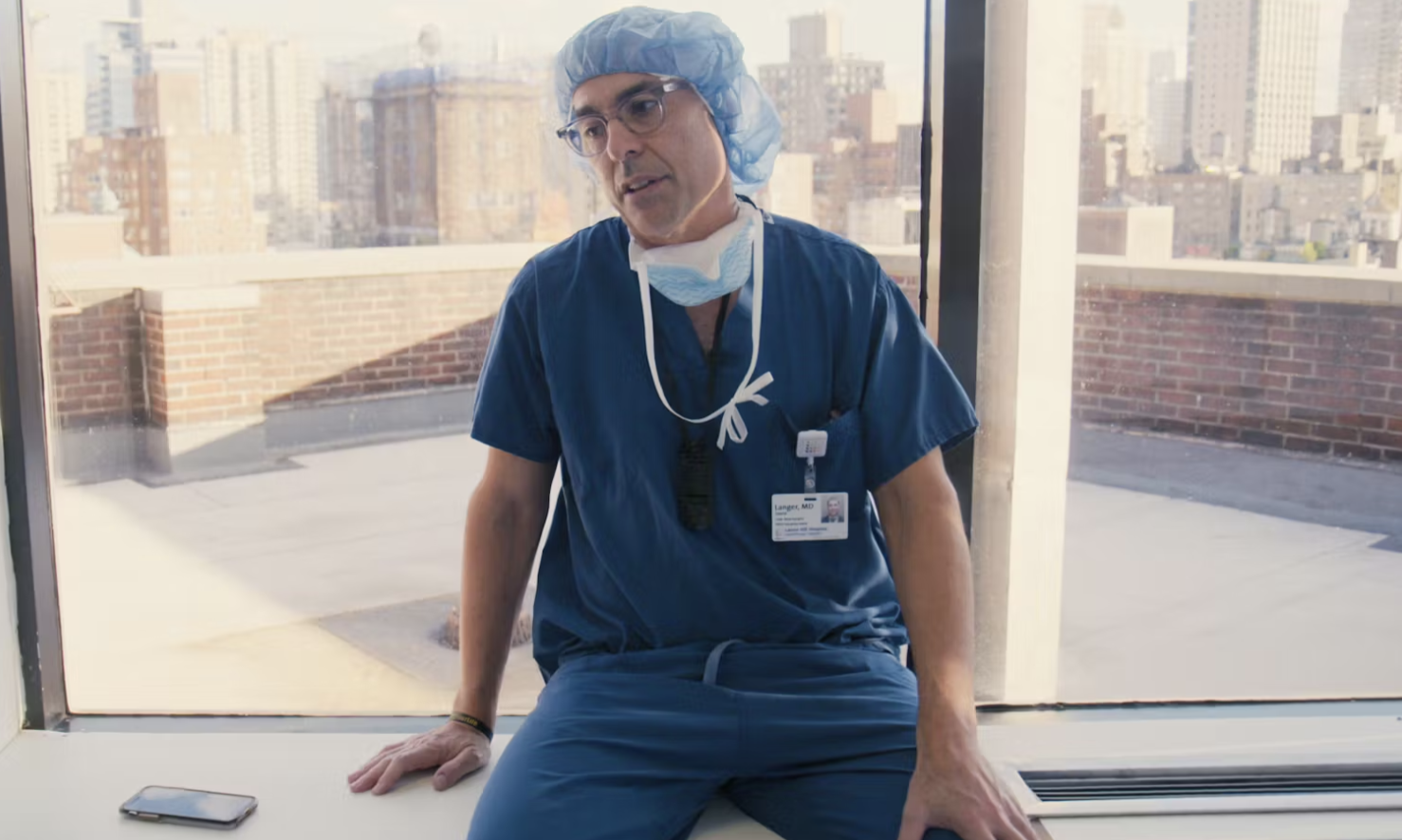HCAHPS Changes in 2025

As healthcare adapts to new technologies that aim to benefit workflows and health outcomes, patients also have evolving needs and expectations of their healthcare providers. With reported changes coming to HCAHPS surveys in 2025, patients are encouraged to voice those needs in more impactful, convenient ways than ever before.
HCAHPS, or the Hospital Consumer Assessment of Healthcare Providers and Systems, is a nationally recognized survey that encourages patients to give feedback about their healthcare experience at a specific health system. Surveys like the HCAHPS signal the growing importance of patient experience and its overall impact on health system success. In the current healthcare landscape, hospitals need to prioritize patient care and experience if they want to succeed. Patients can now shop for health systems based on patient ratings to determine where they will receive the best care, and health systems can demonstrate the quality of their care by earning high survey results and subsequent patient trust.
When HCAHPS surveys first came on the scene in 2008, they signaled a shift in patient power. By giving patients a platform to express their experiences, health systems had to listen—and make changes to improve accordingly. The 2025 HCAHPS changes continue the trend of patient empowerment and signal the importance of strong patient-provider partnerships in a modern healthcare environment.
Below are five changes coming to the HCAHPS in 2025:
- Patients can fill out surveys online.
The current version of the HCAHPS can only be filled out over the phone or by mail, and it’s been that way since 2008. By enabling patients to fill out their surveys online, CMS (Centers for Medicare & Medicaid Services) believes more patients will participate if it’s more convenient to do so. More patient participation means more accurate data.
HCAHPS going online exemplifies patients’ growing desires to digitize and mobilize their healthcare journeys. Healthcare platforms like Playback Health enable patients to be more proactive partners to their providers, proving that patient feedback is valuable and necessary for strengthening healthcare experiences and outcomes.
- Only 12 supplemental questions will be allowed per survey.
CMS is setting a limit for the number of supplemental questions each health system can attach to their HCAHPS. Without the limit, some hospitals have added so many supplemental questions that Susan Edgman-Levitan, Executive Director of the John D Stople Center for Primary Care Innovation at Mass Gen Hospital, says it discourages patients from completing the survey.
By capping the amount of extra questions asked, patient experience is prioritized and protected.
- Data collection periods will extend.
The new HCAHPS will give patients more time to respond, extending the normal data collection period from 42 days to 49 days. On the Becker’s Hospital Review podcast about the impending HCAHPS changes, Susan Edgman-Levitan acknowledges that the people who respond first to the survey tend to have good experiences. By extending the collection period, she hopes that more people who are reticent to share their negative experiences will have more time to do so. By making more room for more kinds of responses, the data received from the survey responses will present a more accurate picture of the overall patient experience.
Edgman-Levitan also recommends hospitals include a cover letter for each survey that explains why the data is important, what it’s used for, and guarantees patient response anonymity. When patients feel safe to express themselves more honestly, hospitals will have a better idea of what they need to improve to enhance patient experience.
- Patients’ loved ones can fill out the survey for them.
For the new HCAHPS, trusted family or friends are allowed to fill out the survey for the patient if they are unable to do so on their own. By ending the regulation that prevented loved ones from doing so in the past, CMS hopes more patients will receive the help they need to make their voices heard.
Playback Health’s Engage feature similarly enables patients’ loved ones to receive instant medical updates from the patients’ doctors, reinforcing the profound impact an involved care community has on a patient’s long-term care and health.
- Health systems are required to capture preferred languages of patients.
Communication is key. By ensuring the correct language is being spoken to each patient, more patients feel understood, heard, prioritized, and empowered to share their honest experiences. If initiatives like the HCAHPS aren’t easily available to everyone, patient experience for large parts of the population will flounder.
As many facets of the healthcare experience undergo technological modernization, it’s important to keep the changes accessible for everyone.
Playback Health is a unified clinical platform that enhances the patient experience by strengthening the patient-provider partnership. Get started today.
What's new at Playback Health?

The “Basilar Ganglia” That Wasn’t: Why Accuracy in Healthcare AI Matters More Than Ever

The “Basilar Ganglia” That Wasn’t: Why Accuracy in Healthcare AI Matters More Than Ever

Why Dr. David Langer Believes Ambient AI Is the Future of Patient Communication

How Playback Pro Is Ushering in a New Era for Air Medical Transport


.png)


.svg)

